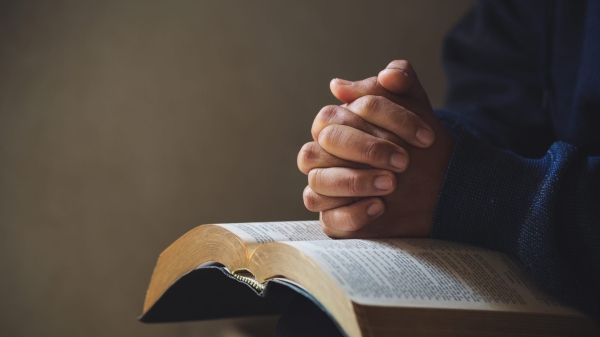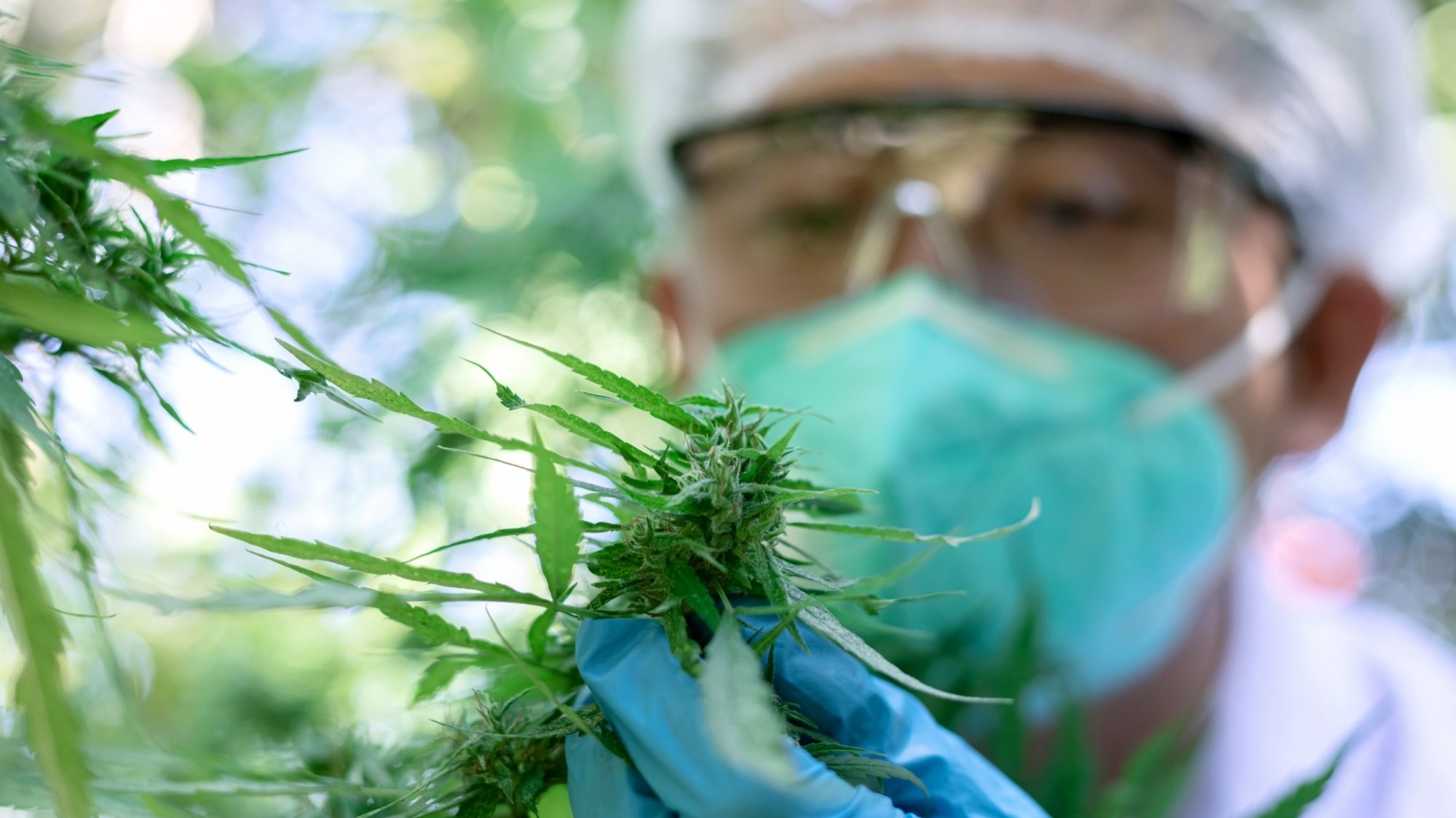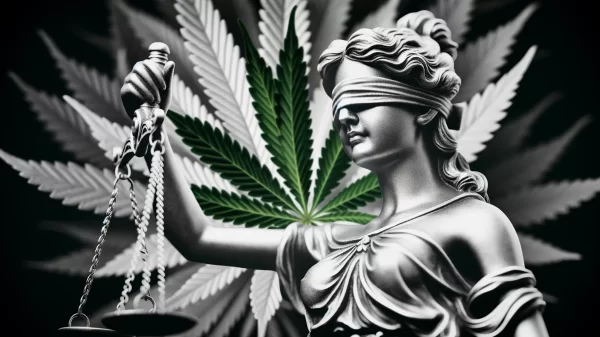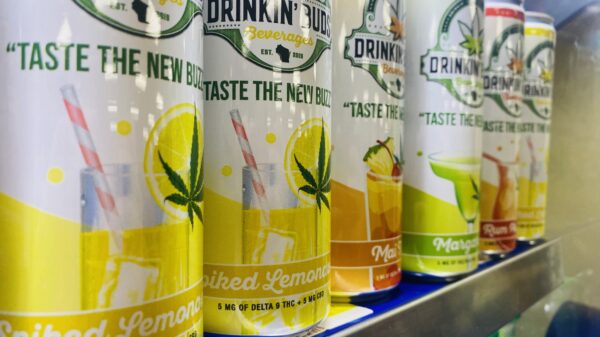|
Getting your Trinity Audio player ready...
|
Medical marijuana is legal and there is great angst throughout Alabama.
OK, maybe “great angst” is pushing it. Some angst? A bit of angst?
Anyway, the point is that we’re ever so slowly nearing the time in which medical marijuana dispensaries can begin operation. It’s about time, since the bill legalizing medical marijuana in the state was passed nearly two years ago and we’re still in process of figuring out where you can and can’t get a license to sell the stuff.
These are the consequences of having a state legislature so thoroughly inept as ours. Absurd barriers are created where they’re not needed and important details are left to state employees to figure out.
Among the many steps required by our lawmakers is one that essentially allows every municipality in the state to opt out of providing licenses for medical marijuana dispensaries. Which means, in city after city, all across Alabama, there have been debates at city council meetings about whether each city would offer medical marijuana dispensary licenses.
In a number of Alabama cities, particularly the largest, the issue moved through quickly and there was little, if any, resistance.
Well, except for Huntsville, where, inexplicably, the selling of medical marijuana is restricted to only the city’s medical districts.
And if you think that’s absurd, you should hear some of the junk from other cities.
Like in Decatur, where a councilman wants to implement a 1,000-foot buffer zone, forbidding dispensaries from operating within 1,000 feet of a school, nursery, church or residential area. The only way to get a legal dispensary in the city is to make it float.
Fairhope and Pelham, in the meantime, just went ahead and denied the licenses altogether. Fairhope council members cited “unprecedented opposition” to the dispensaries, although all of the opposition seemed to be roughly two dozen people led by a local doctor who compared medical marijuana to the opioid epidemic.
In Pelham, the resistance also was related to medical marijuana falling into the hands of people who wished to use it for non-medical purposes. (GASP!) The council there passed a resolution saying it wouldn’t consider the licenses until safeguards to protect the general public from recreational use were put in place.
And on and on it’s gone.
Honestly, I’m finding it difficult to wrap my head completely around the stupidity of this. Because this is an exorbitant amount of stupid. Even when judging on a curved Alabama scale of stupid, where a certain amount of ultra-conservative, church-based dumb is baked in, this is still off the charts absurd.
Let’s take, for example, the comparison – from a DOCTOR, no less – of medical marijuana being used recreationally to the opioid epidemic that has killed millions of Americans and left millions more in financial and personal ruin.
To date, not a single person has died from a marijuana overdose. And, oh yeah, the places that sell those opioid pills – I believe we call them pharmacies – are operating on every other corner in every town in this state.
Has there ever been a single discussion about whether a town will grant CVS or Walgreens a license, because they’re keeping all those oxycontin pills that keep falling into the hands of people using them improperly?
It’s also worth noting that the medical marijuana being sold in Alabama dispensaries won’t be the fun stuff – the edibles and traditional weed used for smoking or vaping. Instead, it will be pills, gels, ointments, suppositories, patches and oils for inhalers.
And yeah, I’m sure some of that will be used by people just looking to get a little high, maybe take the edge off the day. It’ll probably be used by teenagers on occasion.
So what?
On every corner where there’s not a pharmacy, there’s a liquor store or convenience store selling wine and beer or some other kind of alcohol. And every drop of that drug is more harmful and dangerous than marijuana.
Let’s put a stop to this.
Marijuana should have been legalized decades ago, but it remains illegal because keeping it so is an effective tool to over-police Black citizens and young people. Not to mention, legalization would mean a significant reduction in revenue for cities and counties, because citations and arrests would be cut dramatically.
There is no viable alternative reasoning. There are no medical statistics showing marijuana to be more harmful than thousands of other items we consume regularly. There are no statistics of any sort showing that marijuana poses a greater risk to society than alcohol, opioids or even tobacco.
All we have are thoroughly ridiculous arguments from stuffy old men who are perfectly happy to knock back a sixer while watching the game or swallow a few oxycontin pills to ease a back ache, but somehow believe marijuana consumption is a gateway to an opium den and dead bodies in the street.
The reality is those fears are ridiculous, and they’re rooted in the same old tired mantra of all backwards conservative areas.
We hate any change.


















































